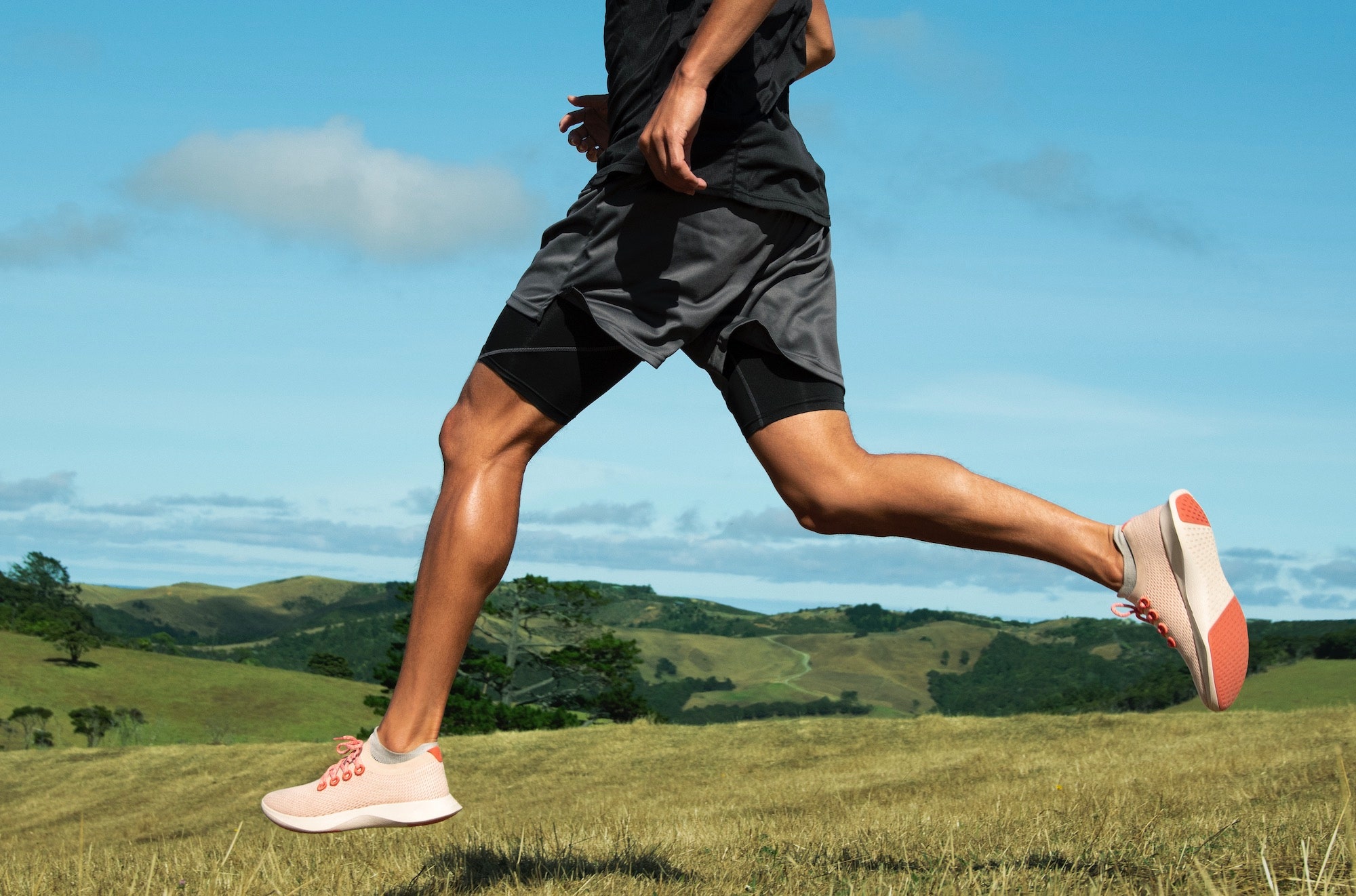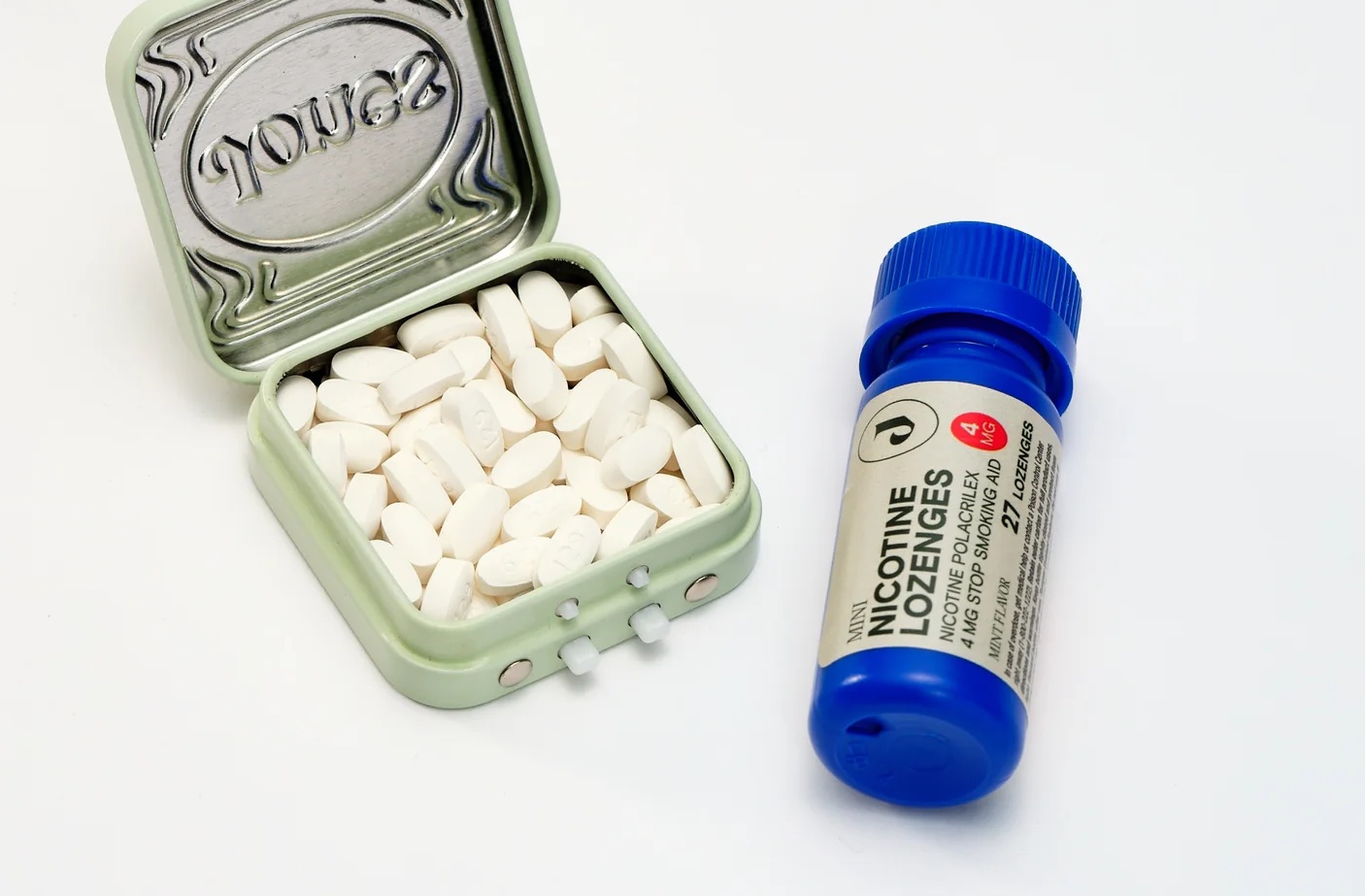Activewear brands are betting big on sustainability.
- lululemon invested in sustainable materials maker Genomatica ahead of launching plant-based activewear.
- Nike is working with biotech company Newlight Technologies to design a carbon-negative, biodegradable alternative to plastic and leather.
- The North Face partnered with sustainable textile manufacturer Spinnova to develop better-for-the-planet outdoor apparel.
- adidas and Allbirds collabed this year to create a sneaker with the lowest carbon footprint ever.
Speaking of Allbirds, the eco-leaning footwear brand just filed for IPO at a potential value of over $2B.
How we got here: In early August, the UN climate change report sounded a “code red for humanity.” This past year alone, California broke records in acreage burned from wildfires, and July 2021 was Earth’s hottest recorded month in human history.
For consumer-facing corporations, sustainability is now table stakes. Brands are well-acquainted with activist consumers who increasingly believe in caring for our communities and for our planet.
- Products marketed as sustainable counted for 50% of CPG growth from 2013 to 2018.
- Purchase motivation grows 3x when overall benefits are combined with sustainability benefits.
Unfortunately, activewear, with its reliance on petroleum-based materials, is notoriously bad for the environment, resulting in microscopic waste and contaminants. As the US sustainability market tops $150B, activewear brands are hoping to shed that image and double down on greener products.
But… most brands still have a ways to go and are facing increasing scrutiny for pushing unproven or boastful sustainability initiatives as a marketing ploy — a practice called greenwashing.
- lululemon’s new bio-based nylon might be a step forward, but it still won’t be biodegradable.
- Despite grand ambitions, Allbirds was recently sued for exaggerating its sustainability claims.
Next up, Wolven, Girlfriend Collective, and PANGAIA hope to fill the greenwashing gap.
Takeaway: Fighting climate change is more urgent than ever, and as buyers vote with their wallets, activewear brands are innovating to keep up. These days, greenwashing simply won’t cut it anymore — brands that want to succeed will need to back up their marketing with tangible impact.
 Image: Allbirds / adidas
Image: Allbirds / adidas


